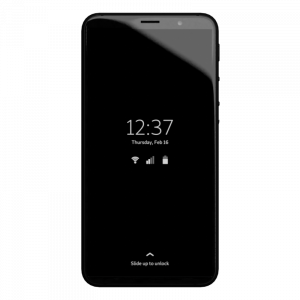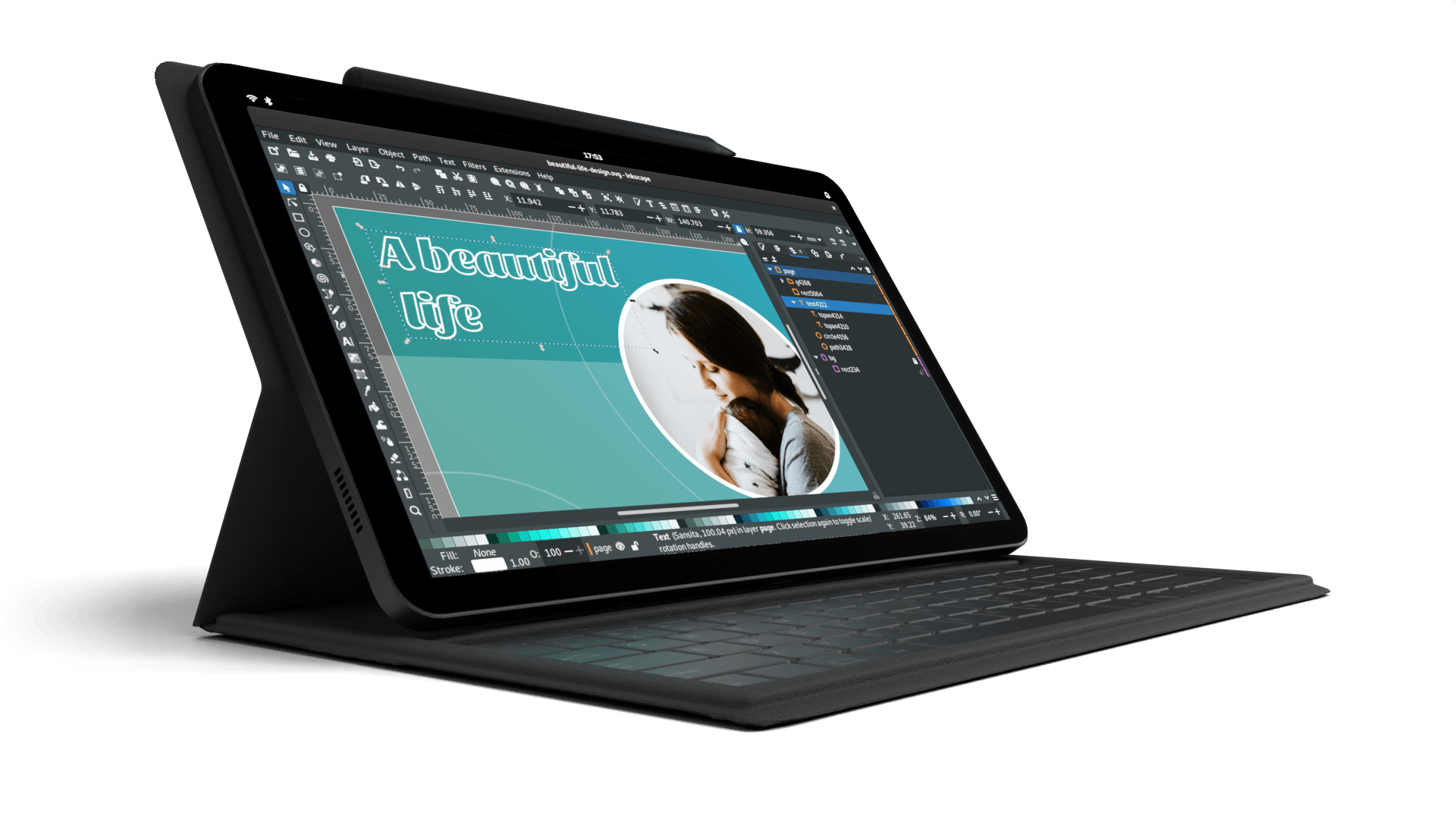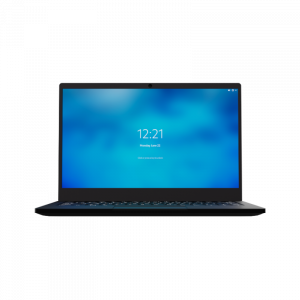Who Owns Your Digital Self?
Purism
Latest posts by Purism (see all)
- A Quarter Century After Cyberselfish, Big Tech Proves Borsook Right - December 20, 2025
- PureOS Crimson Development Report: November 2025 - December 15, 2025
- Purism Liberty Phone Exists vs. Delayed T1 Phone - December 10, 2025
Apple iPhone Theft Litigation: When Vendor Lock-In Becomes a Civil Rights Issue
The lawsuits now circling Apple are not just about stolen phones. They are about stolen selves—stolen data, stolen memories, stolen identities.
At the heart of the cases is a stark claim: Apple’s refusal to restore access to stolen iPhone accounts effectively strips victims of their digital identities. In a world where smartphones are not just tools but vaults of identity—holding our communications, financials, health records, and creative archives—this is more than a customer service failure. It is a civil rights issue.
The Incidents
When an iPhone is stolen, Apple’s policies often prevent victims from regaining access to their accounts, even when they can prove ownership. The result: people are locked out of their own digital lives. Their photos, messages, and credentials remain sealed behind Apple’s gatekeeping. The lawsuits argue that this is not just negligence—it is systemic disenfranchisement in the digital age.
Furthermore, it’s not “just individuals” who have experienced these issues with Apple; it’s enterprise organizations such as corporations or government employees who are locked out of corporate and associated government data sources.
The Lock-In Trap
Apple’s refusal to return access reveals the darker side of vendor lock-in. By centralizing identity and data under single corporate control, Apple ensures that users cannot leave—or even recover—without its permission. This is not security; it is captivity.
Vendor lock-in thrives on dependency. Once your identity is bound to a proprietary ecosystem, your freedom is contingent on corporate policy. And when that policy denies you access, your autonomy collapses.
Purism’s Model: Keys Belong to the User
Purism rejects this model of corporate gatekeeping. Our philosophy is simple: the keys to your digital vault should never belong to anyone but you.
- User Ownership of Keys: With Purism, encryption keys are generated and held by the user, not the vendor.
- Data Sovereignty: Your files, credentials, and communications remain under your control, portable across devices and services.
- Civil Rights by Design: By removing corporate intermediaries, Purism ensures that your identity cannot be revoked, suspended, or held hostage.
This is not just a technical architecture—it is a rights architecture.
Why This Matters Now
The Tech.co – Data Breaches 2025 Update underscores the scale of the problem: billions of records compromised, millions of identities exposed. In this climate, the ability to reclaim and protect one’s digital self is not optional. It is essential.
Apple’s litigation moment is a warning: when corporations hold the keys, they hold the power. And when they refuse to return those keys, they are not just locking you out of a device—they are locking you out of your life.
The Purism Difference
Purism stands for a future where digital identity is not a corporate asset but a personal right. Where smartphones are not cages but instruments of freedom. Where vendor lock-in is replaced by user liberation.
Because when smartphones are vaults of identity, the question is not just who owns the device—it is who owns you.
Purism Products and Availability Chart
| Model | Status | Lead Time | ||
|---|---|---|---|---|
 | Librem Key (Made in USA) | In Stock ($59+) | 10 business days | |
 | Liberty Phone (Made in USA Electronics) | In Stock ($1,999+) 4GB/128GB | 10 business days | |
 | Librem 5 | In Stock ($799+) 3GB/32GB | 10 business days | |
 | Librem 11 | In Stock ($999+) 8GB/1TB | 6+ weeks | |
 | Librem 14 | Out of stock | New Version in Development | |
 | Librem Mini | Out of stock | New Version in Development | |
 | Librem Server | In Stock ($2,999+) | 45 business days | |
 | Librem PQC Encryptor | Available Now, contact sales@puri.sm | 90 business days | |
 | Librem PQC Comms Server | Available Now, contact sales@puri.sm | 90 business days |
Recent Posts
Related Content
- A Quarter Century After Cyberselfish, Big Tech Proves Borsook Right
- PureOS Crimson Development Report: November 2025
- PureOS Crimson Development Report: October 2025
- Landfall: A Case Study in Commercial Spyware
- Librem PQC Encryptor: Future‑Proofing Against Both SS7 and Quantum


